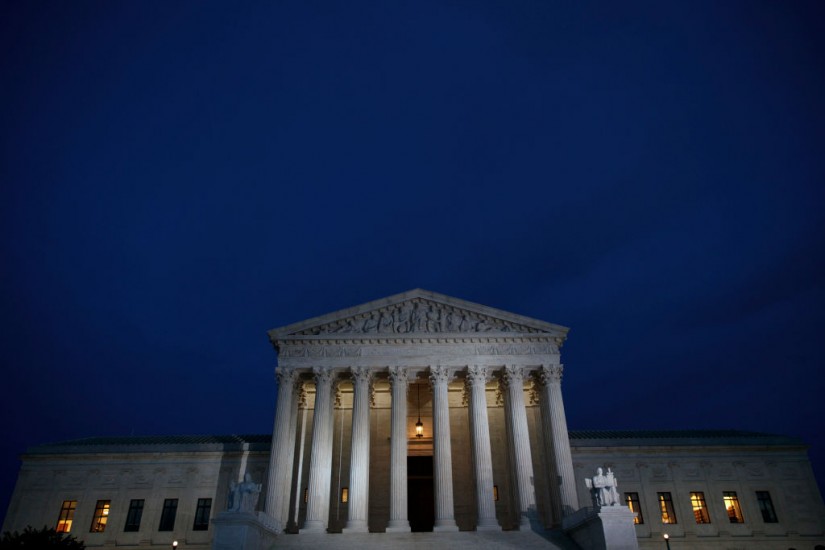It is a little-known and disturbing fact that the Supreme Court is in the process of gutting what may be the most important civil rights statute Congress has ever passed. It is particularly distressing that the harm is being done by a largely unanimous court—and that, other than a few legal scholars, no one seems to be paying any attention.
The statute in question is Section 1983 of the United States Code, which was enacted in 1871 as part of Reconstruction. Section 1983 enables people to bring suits in federal court to enforce the rights created by the Fourteenth Amendment—which, among other things, prohibits state officials from depriving persons of due process and equal protection of the law. The law was designed to provide a federal remedy against officials who violated the rights of the newly freed slaves or who stood by while others, like the Ku Klux Klan, did so. Specifically, it authorizes individuals to sue in federal court “any person who under color of law” violates their constitutional rights. The purposes of the law are to compensate persons whose constitutional rights have been violated and to deter future violations. Actions brought under Section 1983 are known as constitutional tort suits.
After Congress enacted Section 1983, the law lay largely dormant for some ninety years. In 1961, however, in Monroe v. Pape, the Warren Court breathed life into the statute. The plaintiff in Monroe alleged that thirteen Chicago police officers broke into his home in the early morning without a warrant, made his family stand naked, and interrogated him under physical threat. The Supreme Court upheld the plaintiff’s claim for damages under Section 1983 and interpreted the “under color of law” requirement to include actions by government officials taken under the badge of their authority even if the actions exceeded what they were permitted to do under state law. A police officer who used excessive force—as in the Monroe case—would be a prime example.
